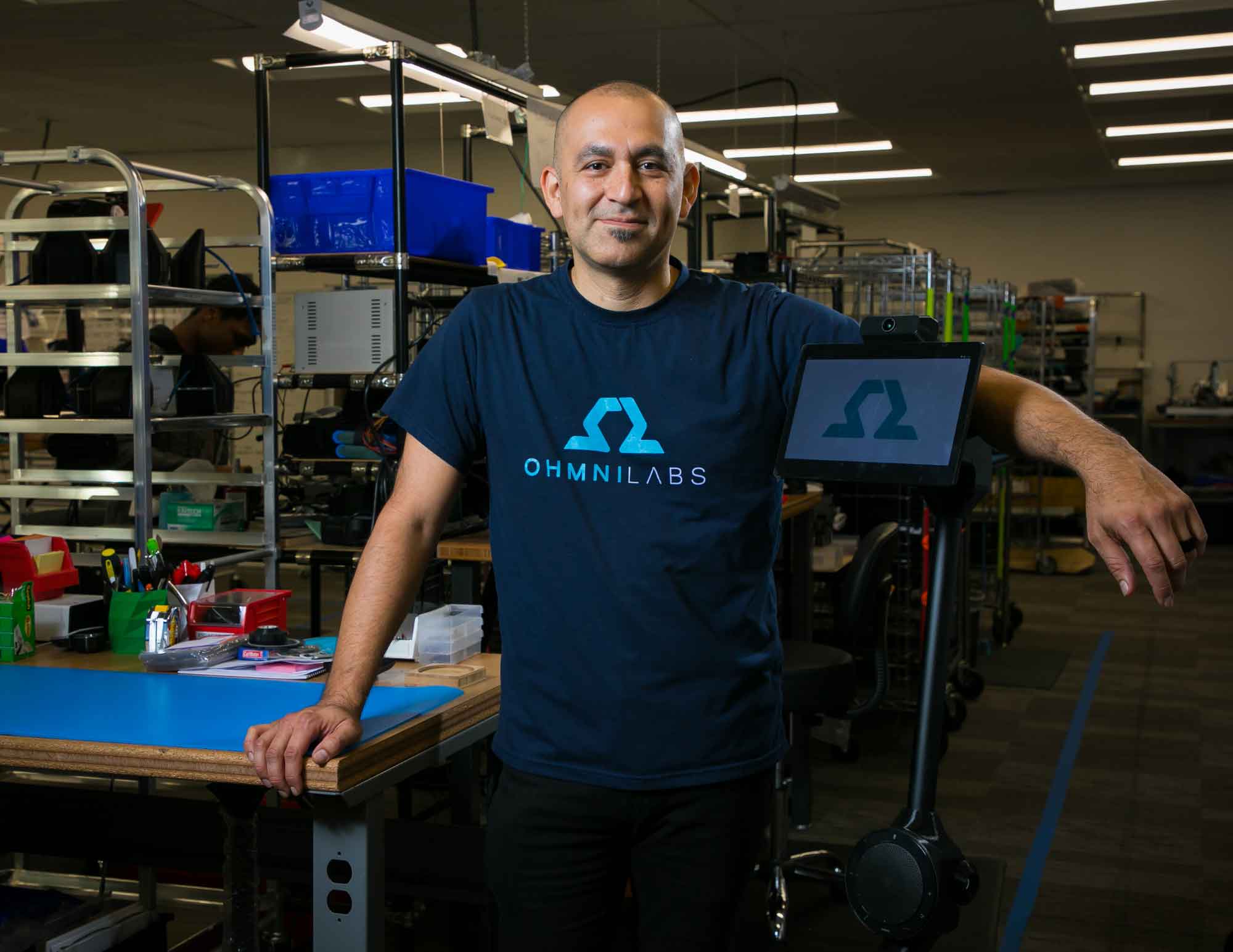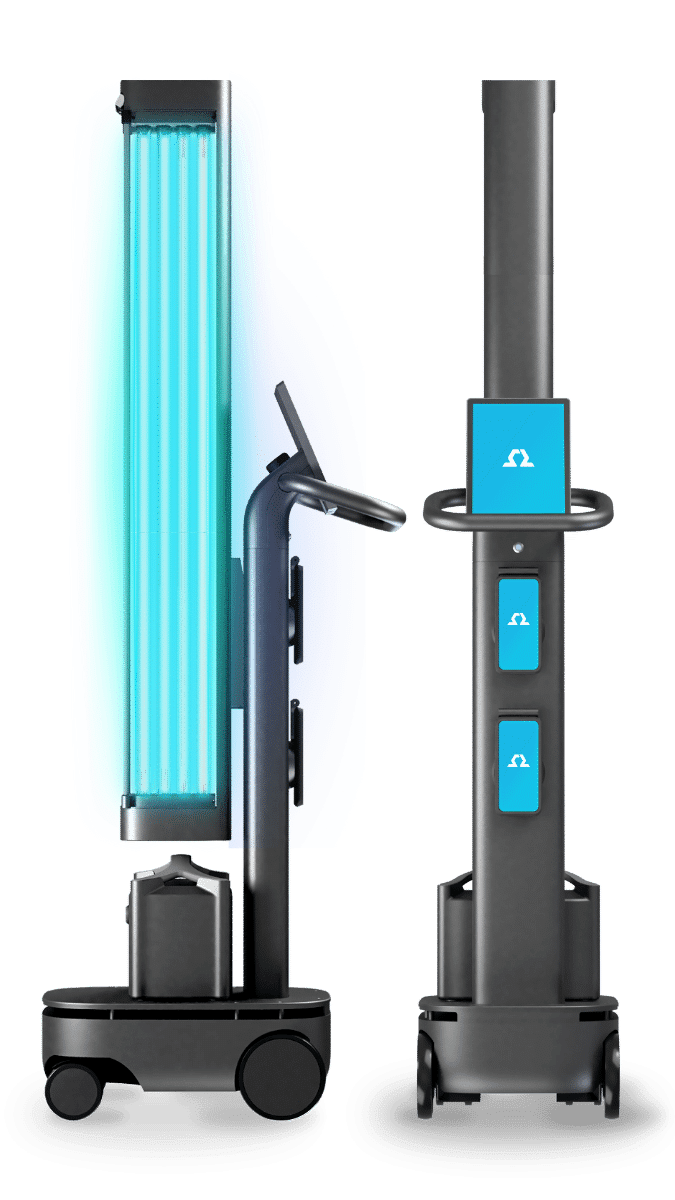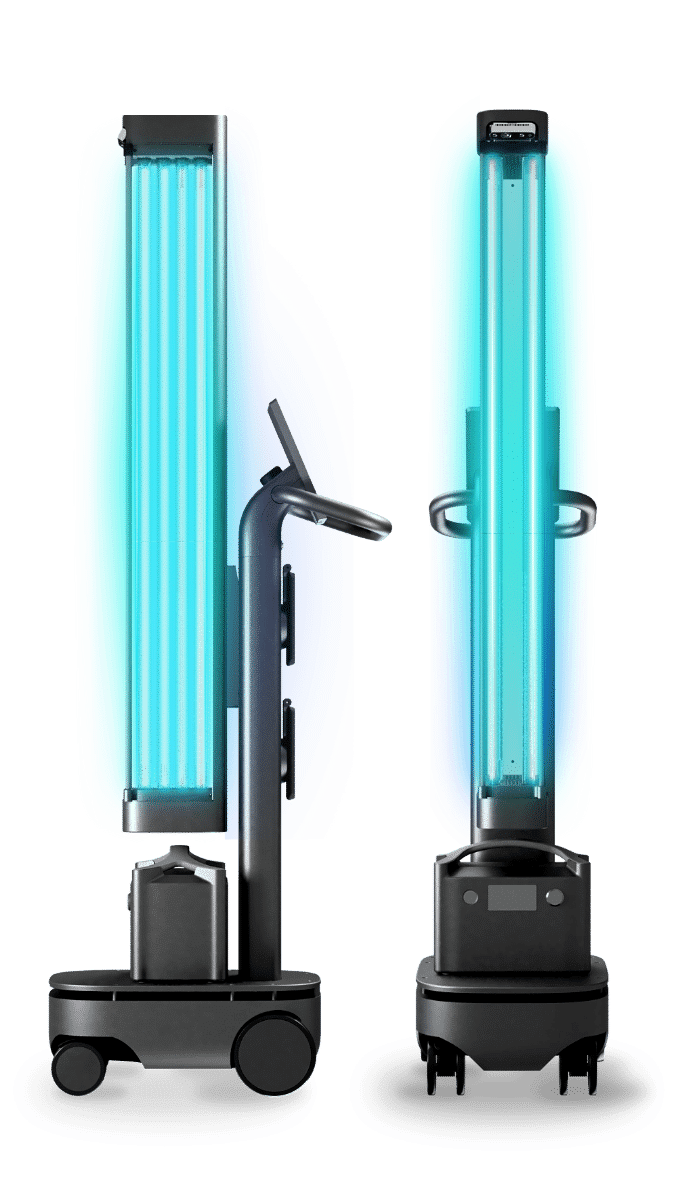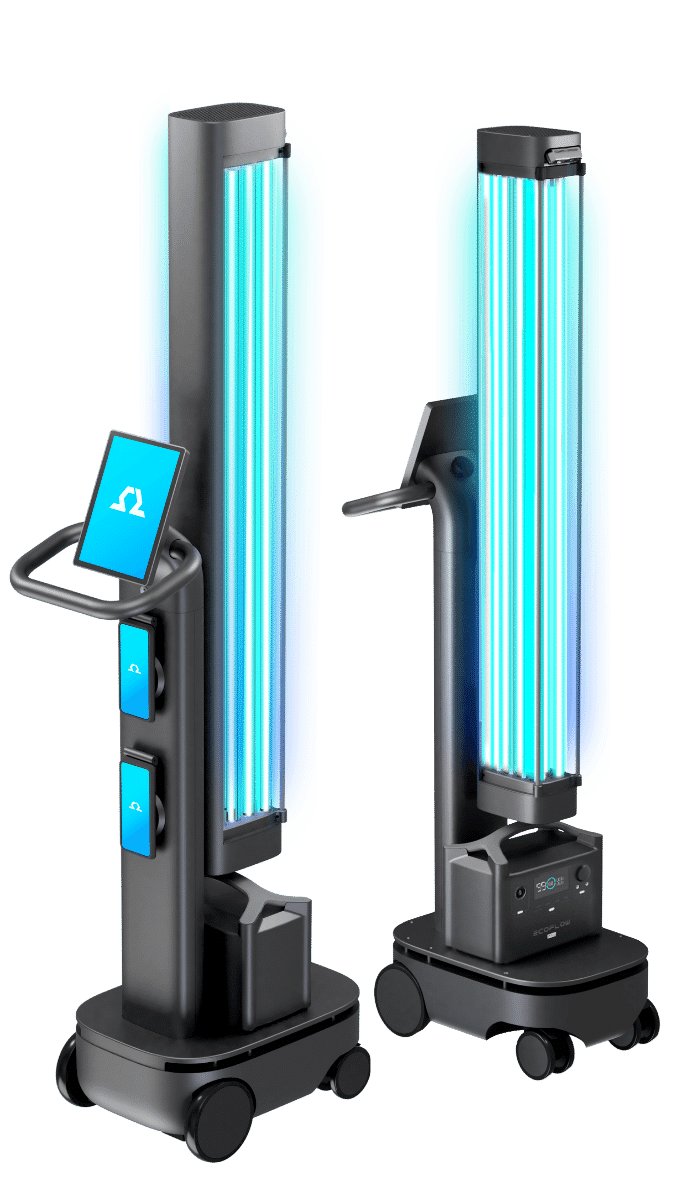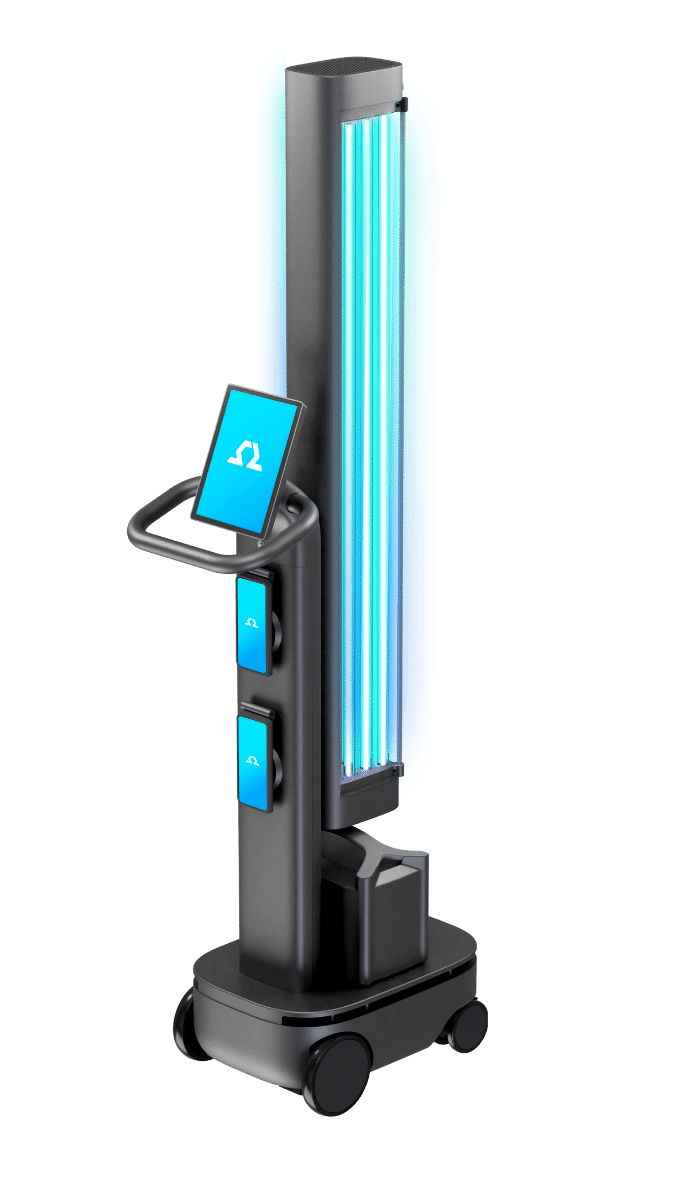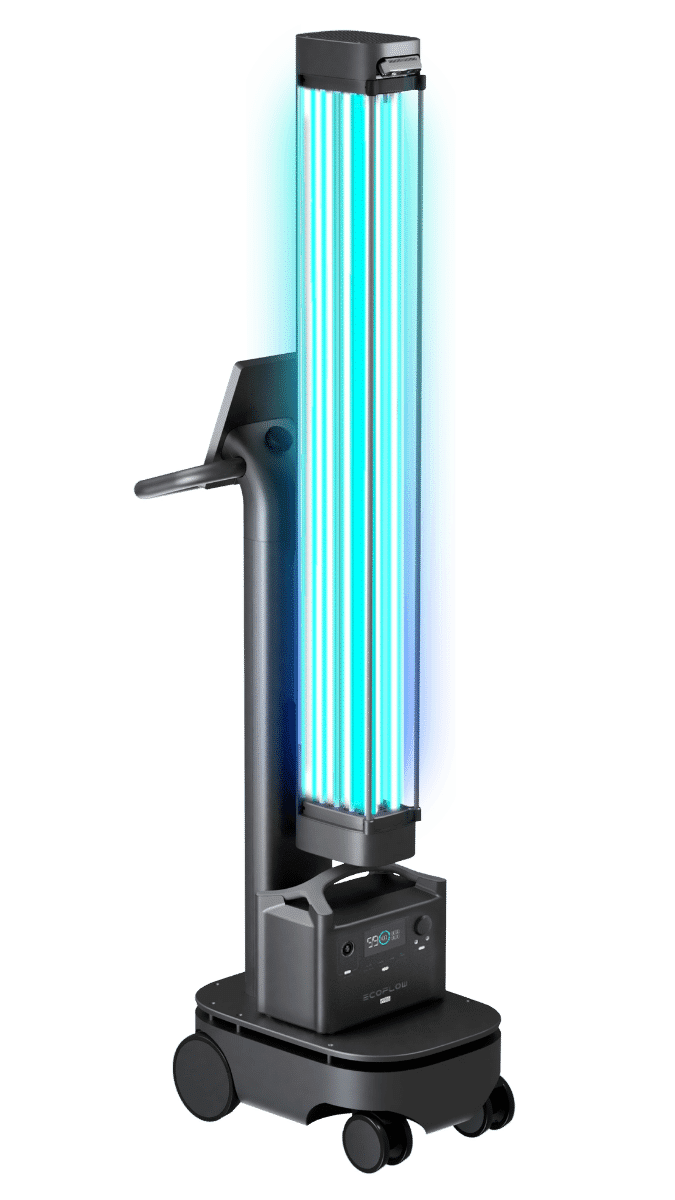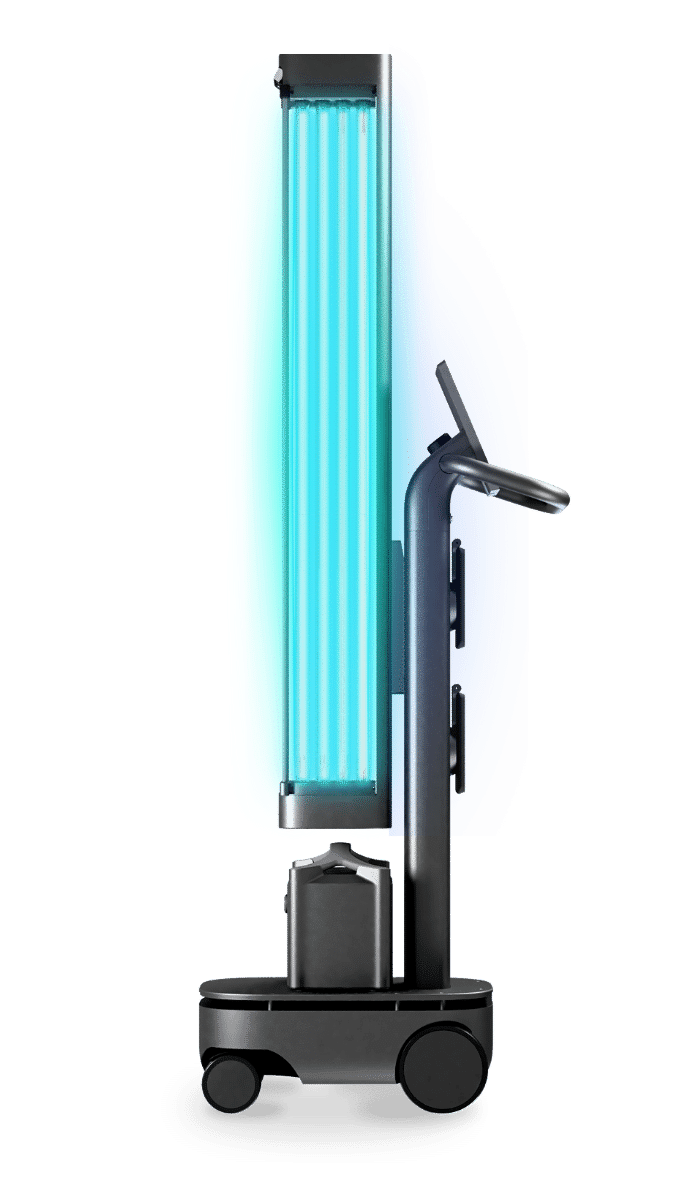The COVID-19 pandemic has accelerated technology trends in healthcare, such as telehealth and telemedicine as well as in business by making telecommuting and telework easier than ever before. Robotics are now everywhere and so are more outstanding jobs in robotics.
How can you take advantage of these new trends in your career? Below are descriptions of various jobs in the robotics fields currently in high demand as companies implement telepresence, automation and contactless systems to keep businesses open and to meet changing market dynamics.
You may find a synergy between your skills and be able to participate in the development of the artificial intelligence, software and hardware used in many robotics systems today. Which path will you take?

Software Developer
Software developers are responsible for programming the “soul” of an AI-driven device. The software is also the “brain” that manipulates robotic limbs. Similarly, a robot’s operating system is crucial in the development of automation. When a human being issues a command to a robot, the software will determine how precisely those commands are carried out. At the same time, software developers are responsible for coding safe programs that will have security algorithms to shut down a robot.
If you have a passion for coding, this is the right job for you. Also, it is important to point out that software engineers have an impressive average salary of $133K per year.
Robotics Engineer
Robotics engineering refers to designing and programming robots. A robotics engineer creates robotic systems. Depending on how sophisticated the methods are, robotics engineers may exclusively focus on a few projects because the work is time-consuming. After a device is developed, a robotics engineer will then be responsible for technical support.
This is one of the most exciting jobs in robotics because robotics engineers must constantly evaluate and analyze their inventions to improve their designs. Since the industry evolves so quickly, they must be able to adapt. Working hours for robotics engineers may vary a bit as, during their careers, they will face challenges that may place deadlines.
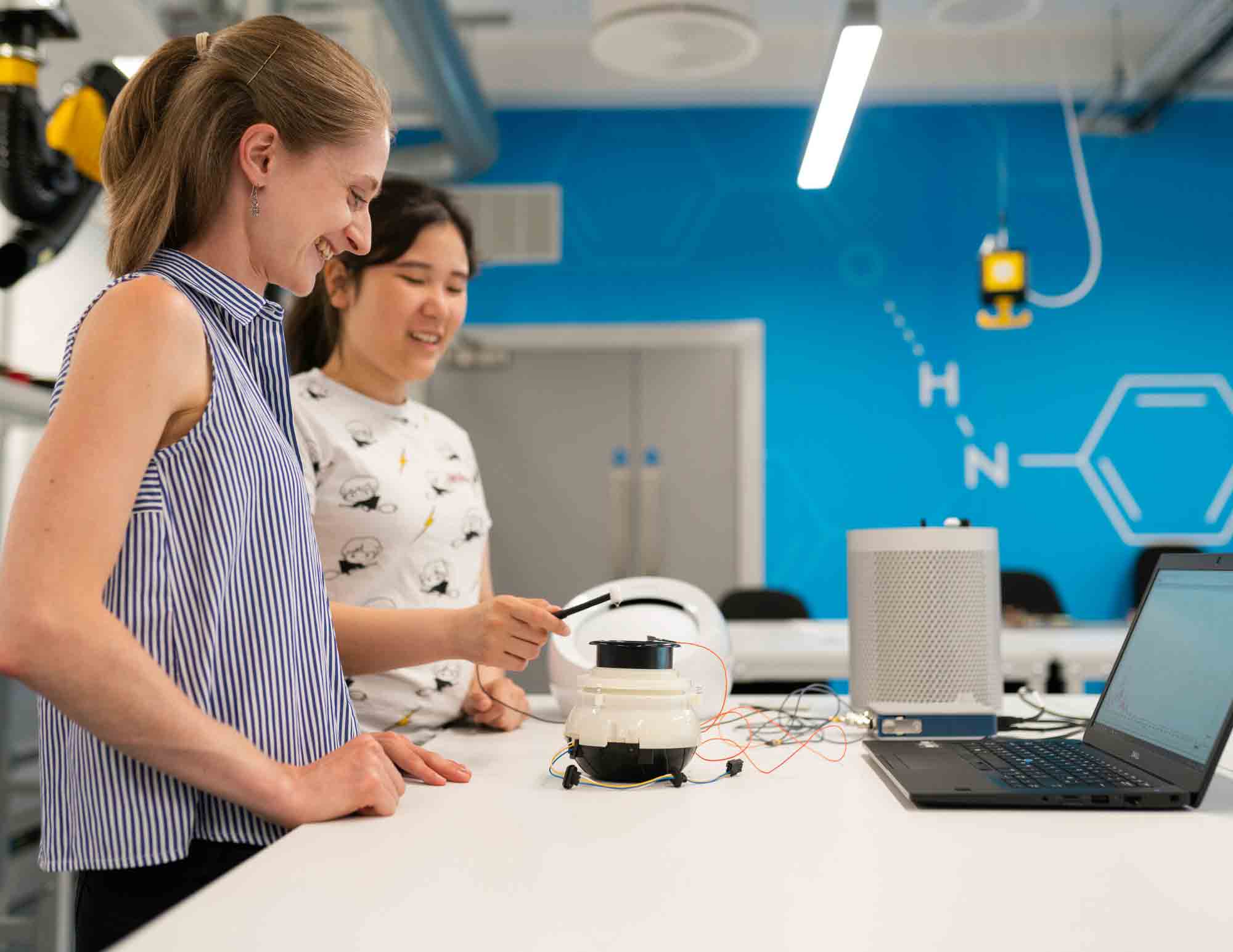
Sales Engineer
Sales engineers are responsible for selling technical and scientific equipment to companies, including robotic technology. Although professionals in this field are more focused on sales, they also need to be well-informed of how robots work. This is because they must be able to convince customers how the technology can benefit a company and what kind of provision is available. Sales engineers must know the types of adjustments that need to be made to meet all of their customer’s demands and expectations.
By the same token, sales engineers tend to travel a lot, which means they spend a lot of time away from their family. So, if you like traveling and robots, this is the right job for you.
Mehanical Engineers
Mechanical Engineers are involved with all mechanical devices; they are responsible for creating and designing machines, including machines that need to execute several tasks automatically with precision and speed. In the robotics field, a mechanical engineer’s task is to design and plan, placing sensors all over robotic devices that will be able to monitor the robot’s performance. In like manner, these sensors are capable of detecting things like objects in a robot’s surrounding area or light.
If you want to become a mechanical engineer, you must earn a bachelor in mechanical engineering, and if you want to work in the robotics field, you must be licensed.

Robotics Technician
Robotics technicians’ tasks are similar to those of robotics engineers. However, technicians are more focused on repairing and testing robotic systems than creating and designing them. Also, they are responsible for initial installations, and if manufacturers or distributors employ them, they usually respond to service calls as part of the maintenance team. In like manner, if robotics technicians are proficient in computer programming, they may also have to perform lower-level programming tasks. Robotics technicians act as a link between customers and robotics engineers.
Working at OhmniLabs
Founded in 2015 and based in Silicon Valley, California, OhmniLabs is re-imagining personal robotics. We are experts from Carnegie Mellon and Stanford who believe that personal consumer robots can make a positive impact on people’s everyday lives.
During the COVID-19 pandemic, our Ohmni telepresence robot is playing a crucial role in keeping our society functional in a time of lockdowns and quarantines, especially in healthcare.
OhmniLabs exemplifies innovation in consumer robotics manufacturing and development. We design robots with modular components and utilize lean, toolless manufacture. Reusability and integration are the cornerstones of our fabrication process, allowing for orders of magnitude, less capital spent, and a fraction of the development time.
We also disrupt the common manufacturing process which relies on injection molding and outsourcing to giant factories in Asia or South America. We aim to bring jobs back to America, pushing for local and lean manufacturing processes utilizing additive manufacturing technology.
OhmniLabs is growing!
Take a look to see our open jobs in the robotics field.
